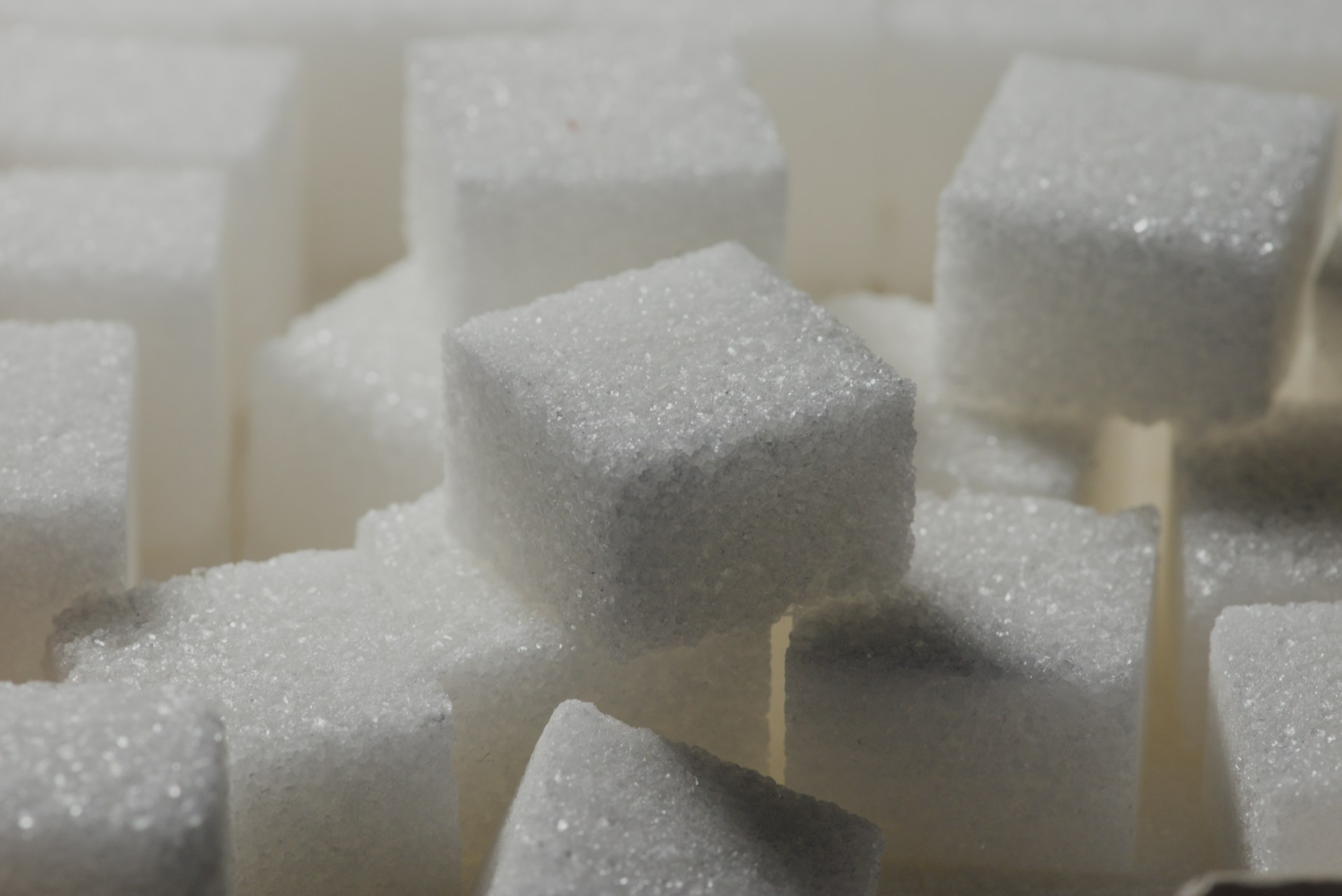관심 있는 상품에 대한 기사를 찾아보세요
4668개의 콘텐츠 검색됨
추천 콘텐츠
사탕수수 산업을 형성하는 최신 트렌드와 중요한 이벤트를 발견하세요.
오피니언
글로벌 시장 분석팀의 전문 의견과 분석을 통해 트렌딩 사탕수수 주제에 대한 인사이트를 탐색하세요.
현지 업데이트
현장 전문가가 제공하는 거의 실시간의 시장 상황, 공급망 중단, 가격 변동에 대한 통찰력으로 사탕수수에 대한 최신 정보를 얻으세요.
뉴스
정책 업데이트, 비즈니스 트렌드, 기술 혁신 및 사탕수수 마켓에 영향을 미치는 시장 역학을 포함한 농업 뉴스의 최신 개발을 모니터링하십시오.
주간 상품 업데이트
글로벌 시장 분석가들이 제공하는 사탕수수에 대한 독점 주간 업데이트를 받아보세요.
리포트
주요 트렌드, 새로운 기회, 그리고 중요한 문제를 강조하는 사탕수수 산업의 프리미엄 리포트를 다운로드하세요.

인기 주제
사탕수수 산업에서 의사 결정에 영향을 미치는 주요 이슈와 관련된 기사를 탐색할 주제를 선택하세요.

시장 동향 및 가격
귀하의 비즈니스에 영향을 미치는 지역 및 글로벌 농업 시장 동향, 가격 변동 및 산업 이벤트에 대한 정보를 유지하십시오

지속 가능성 및 환경 영향
지속 가능한 농업 관행에 대한 통찰력을 얻고 귀하의 농업 비즈니스에서 환경 영향을 최소화할 수 있는 최상의 방법을 탐구하십시오

혁신 및 기술
최신 기술 혁신이 전 세계 농식품 공급망을 어떻게 재구성하고 있는지 알아보세요

규정 및 규정 준수
세계 농업 무역에 영향을 미치는 주요 무역 정책, 법적 요구 사항 및 준수 고려 사항에 대해 알아보세요

떠오르는 시장 기회
새로운 시장 기회를 가장 먼저 탐색하고 그것이 귀하의 농업 비즈니스에 어떻게 영향을 미칠 수 있는지 이해하십시오

공급망 관리
농식품 공급망 전반에 걸쳐 효율성을 개선하고 비용을 절감하며 운영을 간소화하는 검증된 전략을 발견하세요
사탕수수와 관련된 상품
사탕수수 카테고리 내 관련 상품에 대한 다양한 인사이트를 발견하세요. 당사의 내부 시장 분석가들이 제작한 상세한 콘텐츠와 실용적인 정보를 활용해 보세요.
사탕수수와 관련된 카테고리
사탕수수의 관련 카테고리를 확인하세요. 카테고리를 클릭하면 비즈니스 요구 사항을 충족하도록 특별히 설계된 통찰력 모음을 읽을 수 있습니다.
인기 있는 사탕수수 선택
사탕수수에 관심이 있으신가요? 관심 있는 상품에 대한 더 깊은 통찰력을 얻기 위해 주요 속성과 옵션을 탐색해 보세요.
품종
Unspecified | Chinese Sugarcane (=Sorgho)
가공 유형
Fresh (=Chilled) | Dried | Frozen | Refined - Centrifuged | juice | VHP | Raw | Unrefined | jelly | Pasteurized
색상
White | Brown | Green
'쿠키 허용'을 클릭하면 통계 및 개인 선호도 산출을 위한 쿠키 제공에 동의하게 됩니다.
개인정보 보호정책에서 쿠키에 대한 자세한 내용을 확인할 수 있습니다.



















